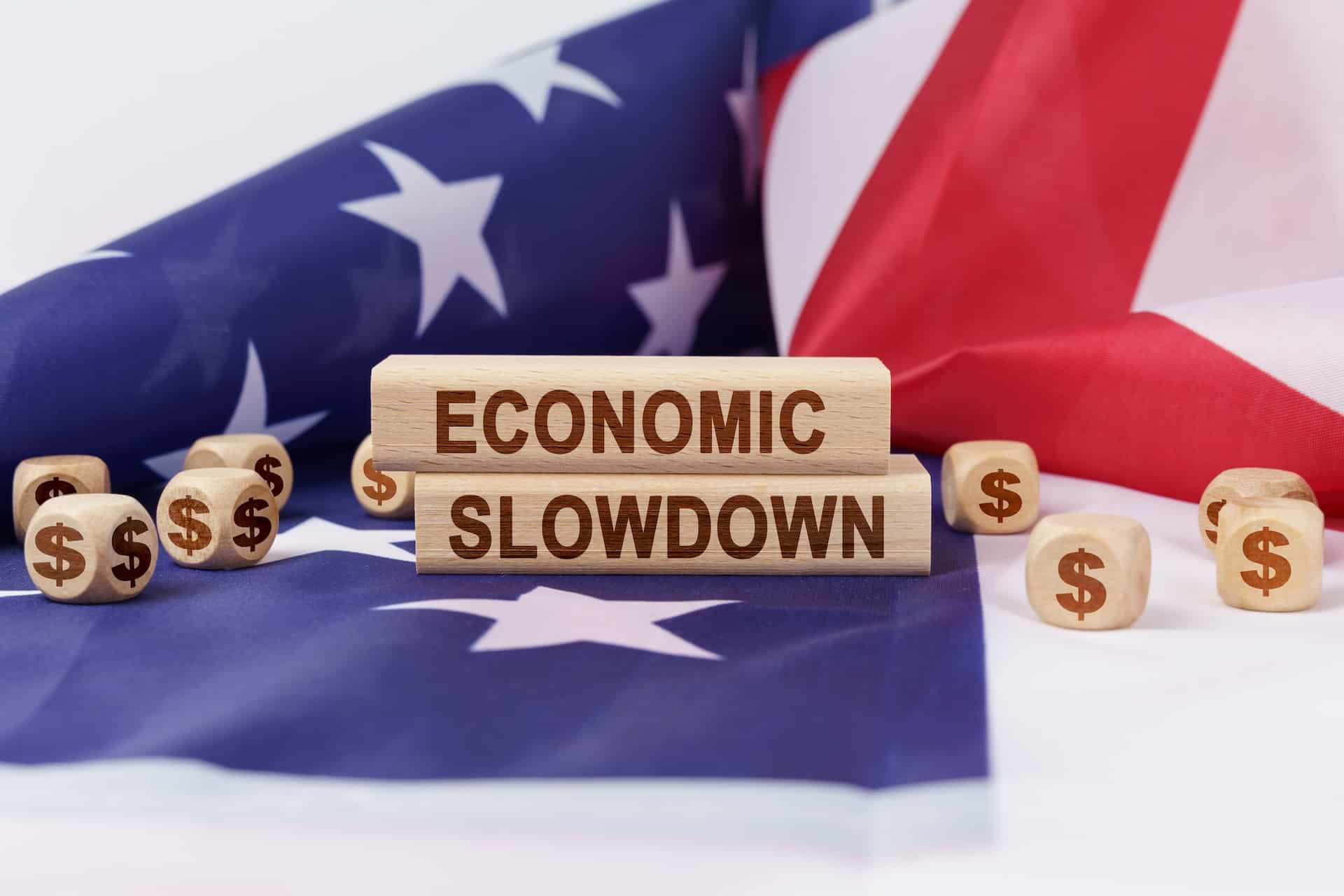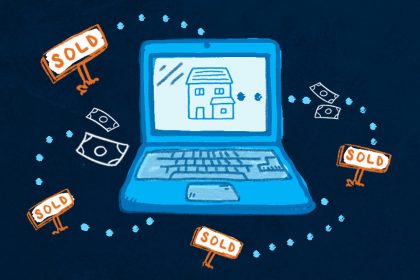Credit Sesame discusses the economic slowdown and how tightening credit and rising debt may lead to a challenging economic period ahead.
The economy has had a nice run since the pandemic. After the initial shock, fourteen of the last sixteen calendar quarters have seen GDP growth. Employment has grown for 44 consecutive months.
It would have been wise for consumers to use these favorable conditions to pay down debt and bolster savings. Instead, they have been spending like the party would never end. That leaves many ill-prepared for what may come next.
Most areas of the U.S. are no longer growing economically
While the economy continued to grow throughout the first half of the year, the third quarter may not be going so well. The recently released Federal Reserve Beige Book for August 2024 suggests an economic slowdown.
The Beige Book is a compilation of reports from 12 Federal Reserve districts. This report found growth in just three of those districts. The economy was flat in four districts and declined in five.
Credit is getting tighter
A distinguishing characteristic of this economic expansion has record borrowing by consumers. If debt has fueled this expansion, slowing growth may be because the consumer is running out of gas:
- Total consumer debt has reached a record high, with credit card debt growing particularly fast. That’s especially troubling since credit card debt is more expensive than other major forms of consumer borrowing.
- The rate of serious delinquency (90 days or more overdue) on credit card debt has reached its highest level in over a dozen years.
- The charge-off rate for banks on consumer debt has reached the highest level since 2013, and the charge-off rate for credit card debt is the highest since 2011. Charge-offs are accounting adjustments banks make for debt they have been unable to collect.
- In response to the growing risk of consumer non-payment, bank loan officers have been tightening standards for credit cards for two years.
The bottom line is that credit is getting harder to come by and more expensive. That creates a headwind for the economy, not to mention making things harder for consumers with poor credit scores.
Savings and reserves are low
Credit is getting tighter, and consumers generally don’t have a lot in the way of reserves to fall back on.
Thanks to government stimulus checks and restrictions on activity, consumers built up a reserve of savings during the pandemic. A few short years later, though, they have burned through those stockpiles and dipped into other savings.
Over the past two-and-a-half years, the personal saving rate has been running at barely over half of its long-term average. Unfortunately, this is nothing new. The personal saving rate has been below its long-term average for 10 of the past 11 years.
Government stimulus may be hard to deliver
When the economy starts to slip into a recession, you could normally count on the federal government to take steps to stimulate the economy. However, the government’s actions may have a limited effect under current conditions.
The Fed is expected to start cutting interest rates soon. However, when debt levels are already at record highs, cutting rates might not encourage much more borrowing. Lenders are already getting concerned enough to tighten credit standards. In any case, it’s unclear whether more borrowing would be good.
The Federal government could ramp up spending to spur the economy. However, with the federal budget deficit already at an extreme high, it’s not clear how much more borrowing bond holders would tolerate.
Investors finance the deficit by buying US Treasury bonds. When they get concerned about the size of the deficit, they tend to sell bonds. This drives interest rates up, dragging the economy and making it more expensive for the government to borrow.
Finally, no matter who wins the upcoming election, there’s a strong possibility that dysfunction in Washington will make it difficult for the federal government to take decisive action.
Brace yourself for the economic slowdown
Americans don’t seem to realize how good the economy has been in recent years. This may leave them unprepared for the possibility of a downturn. Two things can help them prepare:
- Tighten belts and reduce spending. Paying down debt and building savings now means you go into a recession in a stronger position.
- Take care of your credit. Build up your credit score. With credit already becoming harder to get, a strong credit score may help retain access to credit on good terms.
Economically, the party may not be quite over yet, but it seems to be winding down. Unless consumers take action now, the looming economic hangover could be painful and prolonged.
If you enjoyed Last call: Getting ready for the economic slowdown you may like,
Disclaimer: The article and information provided here are for informational purposes only and are not intended as a substitute for professional advice.
Read the full article here

















